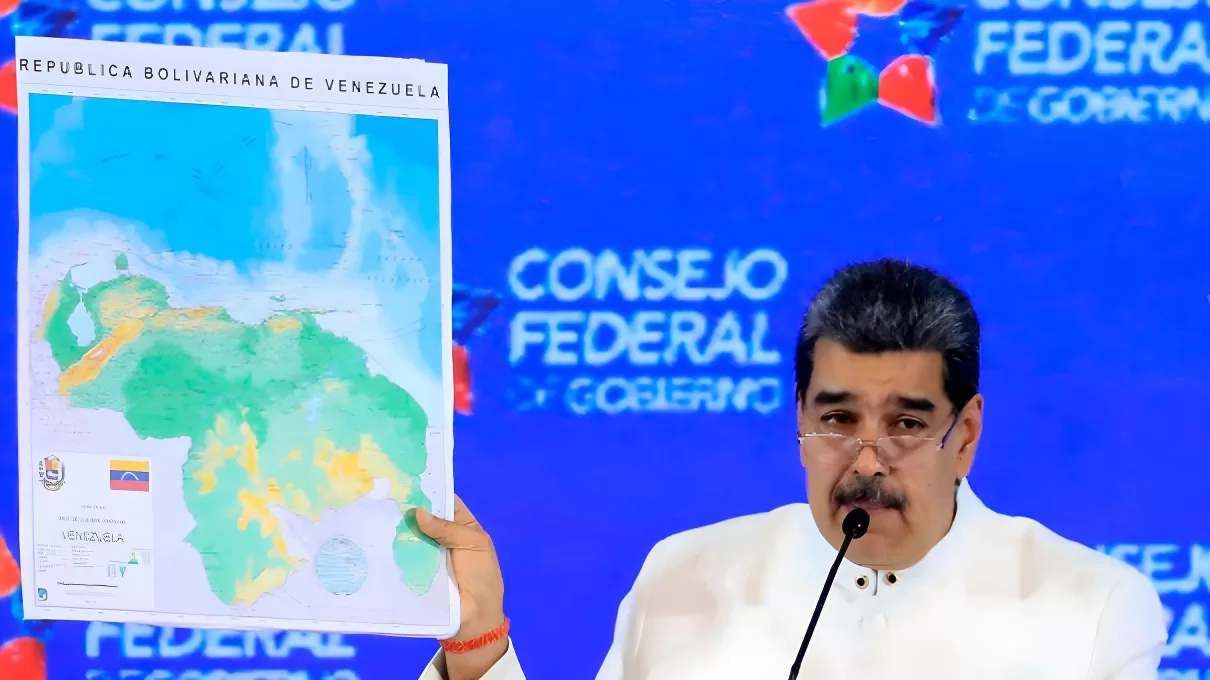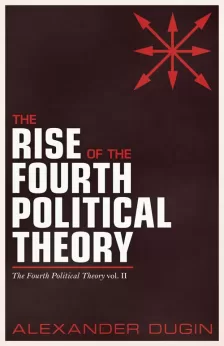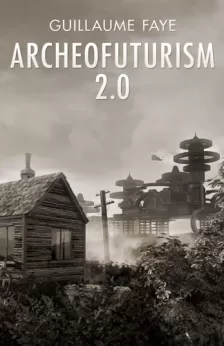On the eve of 2024, it is worth taking a look at the overall picture of the world and the main geopolitical trends. Overall, we are in a moment of transition from unipolarity to multipolarity. This year, multipolarity received additional structuring in BRICS-10 (Argentina, having just joined this organisation, was hastily removed from there by another globalist clown — Javier Milei).
The recent triumphant visit of Vladimir Putin to the UAE and Saudi Arabia, followed by lengthy negotiations with Iranian President Raisi, demonstrates how seriously Russia takes multipolarity. Especially on the eve of 2024, when Russia enters its annual presidency of BRICS.
By the end of the year — this time in Latin America — a new syndrome of multipolarity emerged. Venezuelan President Nicolas Maduro declared his country’s claims to the territory of British Guiana. Maxim Medovarov, in his Telegram channel Notes of a Traditionalist, rightly points out that Guyana itself was a product of the evil genius of Atlanticism, Lord Palmerston, who planned and implemented the ‘dissection of Great Colombia into pieces with the death of Bolivar, including the snipping off of Essequibo to British Guiana (Guyana).’ British Guiana-Essequibo (along with the Malvinas [Falkland Islands]) is another front of multipolarity against unipolarity.
Overall, we are already dealing with five potential or actual fronts:
- Russia is fighting with the collective West and American (Anglo-Saxon) globalism in Ukraine. Essentially, this is a civil war of Russians — imperial Russians against Atlanticist Russians who have betrayed their Russian identity. Atlanticist ‘Russians’ are used by the unipolar forces of the West.
- The Islamic world is consolidating (with serious delay) against Israel, which is conducting a systematic genocide of the Arab population. Here, on the side of Israel (as its Middle Eastern proxy), again is the unipolar West.
- The bloc of anti-colonial countries in West Africa (Mali, Burkina Faso, Niger, Central African Republic, Gabon) is united against pro-colonial (Atlanticist) regimes and globalist France under Macron. Here, too, an open conflict could flare up at any moment.
- The potential front of Taiwan against continental China concerns the United States perhaps the most. (And here, a direct conflict awaits its hour).
- The declaration of Venezuela’s rights to Essequibo — an artificial colonial creation of the Atlanticists. The same goes for the Malvinas issue, which could become acute after the removal of the degenerate who came to power (this is what happens when revolutionary Peronism is crossed with liberalism, as done by the loser Sergio Massa).
India (Bharat) holds a special place in the multipolar heptarchy. It is a fully independent state-civilisation, which is strategically closest to the US (due to conflict with China and Pakistan, as well as, more broadly, the Islamic factor). At the same time, India is friendly with Russia, Africa, and Latin America. There are no direct conflict zones with the globalists (except for the memory of the monstrous era of British colonisation). The West previously supported radical Islam and Pakistan. This has partly persisted but is no longer so vivid — India is needed by the globalists to counter China.
The Atlanticists and supporters of a unipolar world understand this perfectly well. Thus, as early as April 2022, Liz Truss, while holding the post of Foreign Secretary of Great Britain, talked about the ‘return of geopolitics’. More recently, Truss, as the former Prime Minister of England, on her tour of the US, sought to persuade the Republicans to support an Atlanticist approach by funding Kiev’s ongoing conflict against Russia. In this context, she emphasised that the conflicts in Ukraine, Israel, and Taiwan, though seemingly separate, are, in fact, facets of the same overarching war.
This is a correct geopolitical view of things. The tension in West Africa and Essequibo are also fronts of the same war.
The global geopolitical landscape is currently divided into a heptarchy consisting of seven major entities: the West, Russia, China, India, the Islamic world, Africa, and Latin America. This division is primarily along a singular fault line, with the West on one side and the other six on the opposite. The globalists themselves clearly and distinctly understand this. In their eyes, there is only one pole, the West itself. The rest should be its vassals (not sovereign poles) and fight each other and not the West.
The structure of the global confrontation of the six against one is also clearly understood in Russia. In his article ‘2024: the Year of Geopolitical Awakening’ in the magazine Разведчик (Scout), the head of Russia’s SVR (Russia’s foreign intelligence service), Sergei Naryshkin, says,
The coming year on the world stage will pass under the sign of further intensification of the confrontation between the two above-mentioned geopolitical principles: Anglo-Saxon, or insular, “divide and rule”, and directly antagonistic to it, continental “unite and lead”. Manifestations of this fierce opposition in the coming year will be observed in all, even the most remote, regions of the world: from the — most significant for us — post-Soviet space to South America and the Pacific Ocean.
So, we are to ‘unite and lead’ (including uniting and leading the Eurasian territories — especially the traitorous Ukraine). And the enemy will continue to try to ‘divide and rule’, trying to sow discord between the poles of the heptarchy — the six emerging ‘worlds’: Russian, Chinese, Islamic, Indian, African, and Latin American. The enemies want there to be only one world: their own. The existence of other worlds, different from the Western one, they reject and demonise — especially the Russian world. We must clearly understand this and realise that the five fronts of the struggle against the unipolar world order and Western hegemony are all fronts of our war.









